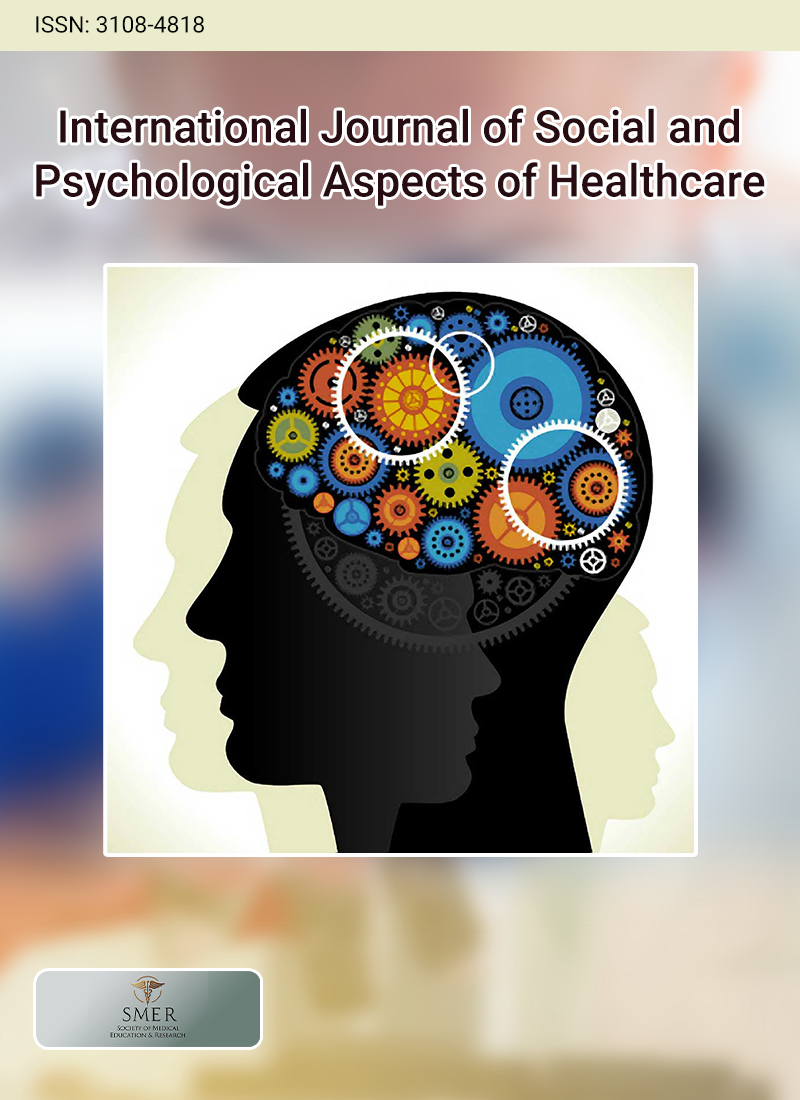
This study investigates ethical dimensions of the nurse–patient relationship in forensic psychiatric care. Drawing on Løgstrup’s philosophy, it explores how trust, moral responsibility, and relational challenges influence nurses’ daily practice. A conceptual analysis was carried out using five qualitative studies on nurses’ lived experiences in forensic inpatient settings. These studies, originally rooted in phenomenology and hermeneutics, were re-interpreted through reflective lifeworld research (RLR), a method emphasizing openness and careful reflection to understand lived experiences. The findings were further analyzed using Løgstrup’s ethical framework. Analysis revealed five central tensions: Trust versus Distrust, Compassion versus Indifference, Courage versus Fear, Authenticity versus Pretence, and Delicacy versus Forcefulness. Together, these highlight the “in-between space” where nurses negotiate ethical dilemmas, institutional pressures, and patient interactions. Nursing in forensic psychiatric settings demands a careful balance between institutional requirements and compassionate care. Ethical understanding emerges through self-reflection and relational engagement. Encouraging structured reflection and dialogue can help nurses manage ethical challenges, support professional growth, and enhance patient-focused care.